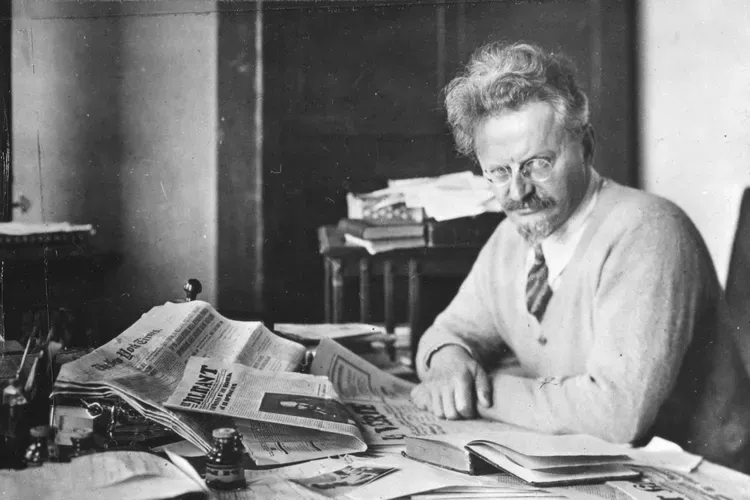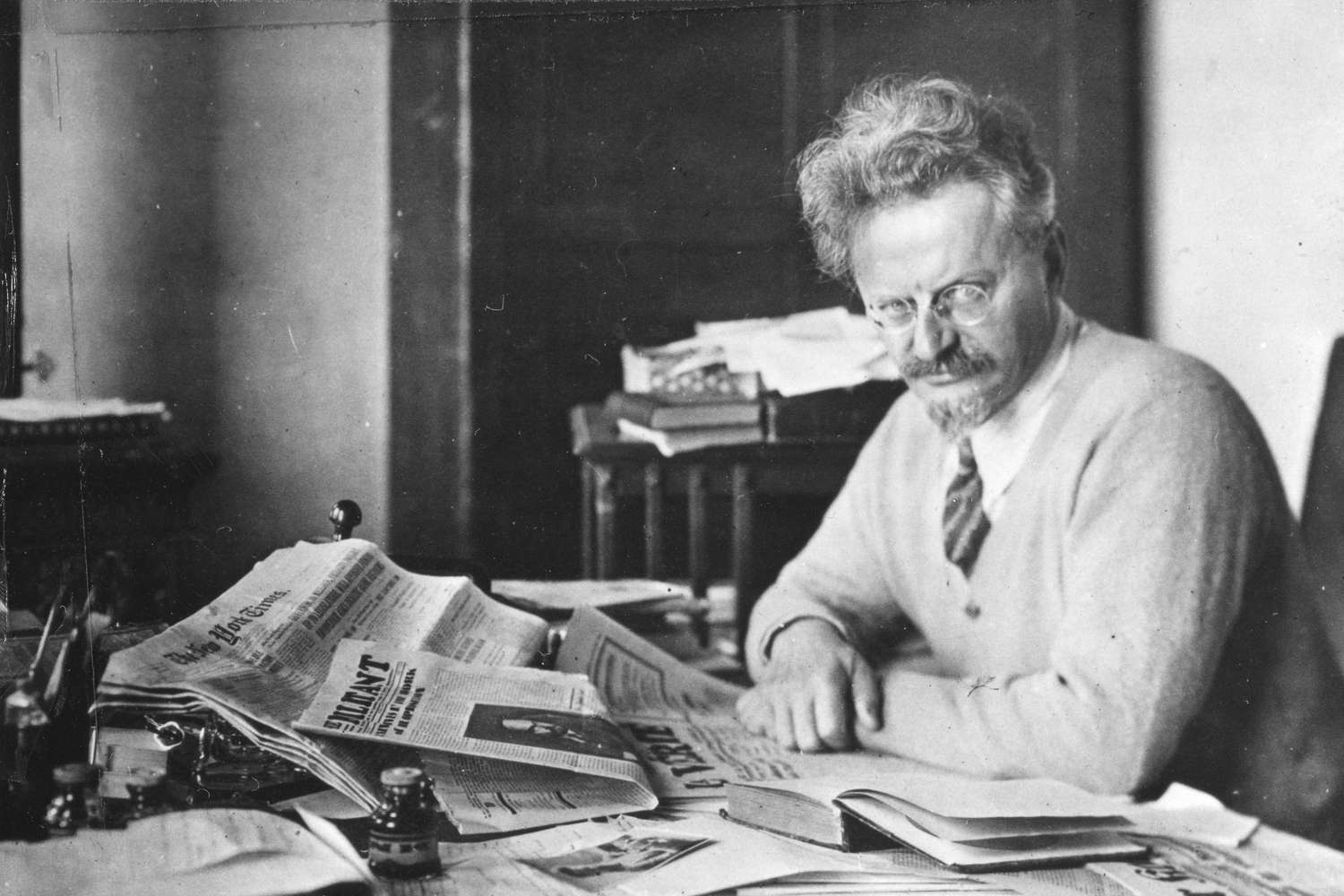Clandestine Flirtings
Morris Hirsch's religious faith that he shared with his mother faded in the atmosphere of continuous devotion to scientific evidence and methods as a medical student.

Morris Hirsch's religious faith that he shared with his mother faded in the atmosphere of continuous devotion to scientific evidence and methods as a medical student. The 1922 Rand Revolt was still a fresh memory. Morris, as a little boy, was chastised when he got back to the house in End Street in downtown Johannesburg, having mingled with the revolutionaries.
He read the Communist Manifesto of Marx and Engels and extracts of Das Kapital. He read John Reed's 'Ten Days that Shook the World'. He was attracted to 'from each according to his ability and to each according to his need' and the 'withering away of the state'. Mankind would live happily ever after in utopian freedom, akin to the Christian promise to 'turn the other cheek' and 'love your enemy', and Isaiah's injunction to 'turn swords into plowshares'.... He was also influenced by Prof. Eddie Roux of the Wits Botany department, a sincere humanist with the courage of his convictions to confront the deep-seated Afrikaner dogmas and the powerful Afrikaner secular and religious establishments.
Morris attended a few Communist Party meetings, but he was unimpressed by the standard of the meagre membership. His father warned, "Why do you want to dabble in that dangerous nonsense. Do you think you are going to change the world?" Then he attended a central Johannesburg rally where communists and fascists clashed violently.
The Stalinist trials of the old guard and hounding Trotsky as a counterrevolutionary were an insult to his intelligence. The Kulaks in Ukraine were starved to death by confiscating their grain. Eddie Roux returned from Moscow where he had advocated non-racialism. The Kremlin maxim was now all Whites were oppressors and there should be a Black workers' republic in South Africa! Stalin had contracted Lenin's global ideal to a Russian National Socialism to entrench his absolute power.
Eddie was divested of his party position and relegated to humble membership, to which he meekly submitted. Morris sensed that in his consternation at the shattering of his noble purpose, he just could not free himself of his life commitment to Communism. Rejected both by his Afrikaans community and by the comrades, his promising academic career wrecked, Eddie was a lone, lost figure.
Morris got to know two Jewish Trotskyist firebrands. Fighting Stalinism was their objective. Trotsky was the communist purist and if one still had faith in the creed, he was the logical lead. Marxist aims, particularly as applied to South Africa, were relegated to theorizing.
Leon Sapire was a successful affluent, quick talking lawyer, hyperactive and intense, ten years Morris' senior and still a bachelor. Radical politics was his love.
John Sapperstein had the presence of a leader. He had a mature leonine face and mane. He was a slow moving and lazy fitter and turner with big rough hands and a heavy torso. What he lacked in education he made up in depth of political knowledge, raw logic and ability to convince. He was already middle-aged, never married but never short of female devotees. The current live-in lover was petite pretty Paddy, not long out of England, who was happy to share her secretarial earnings, cook, keep the flat and attend John's every need, including typing his deliberations. They occupied an apartment opposite Morris' parents home at 40 Harley St, in Yeoville.
Morris found the company fascinating but his father took a sour view and warned him that he would be judged by the company he kept. Nothing came of it with the onset of the war and Morris moving on. He did not keep in touch with the three comrades and had no idea of their fate.
The historical novel Whitewashed Jacarandas and its sequel Full of Possibilities are both available on Amazon as paperbacks and eBooks.
These books are inspired by Diana's family's experiences in small town Southern Rhodesia after WWII.
Dr. Sunny Rubenstein and his Gentile wife, Mavourneen, along with various town characters lay bare the racial arrogance of the times, paternalistic idealism, Zionist fervor and anti-Semitism, the proper place of a wife, modernization versus hard-won ways of doing things, and treatment of endemic disease versus investment in public health. It's a roller coaster read.
Excerpt from Dr. Morris Isaac Hirsch's Memoirs: Hirsch Archives.
Photo reference:



